Canadians and Americans may share a border, but their slang often creates pure confusion when they cross it. From phrases born in hockey rinks to expressions used in Tim Hortons drive-thrus, Canadian English has its own charm that often leaves Americans scratching their heads. Here are 21 Canadian phrases that make no sense in the U.S.
“Double-Double”
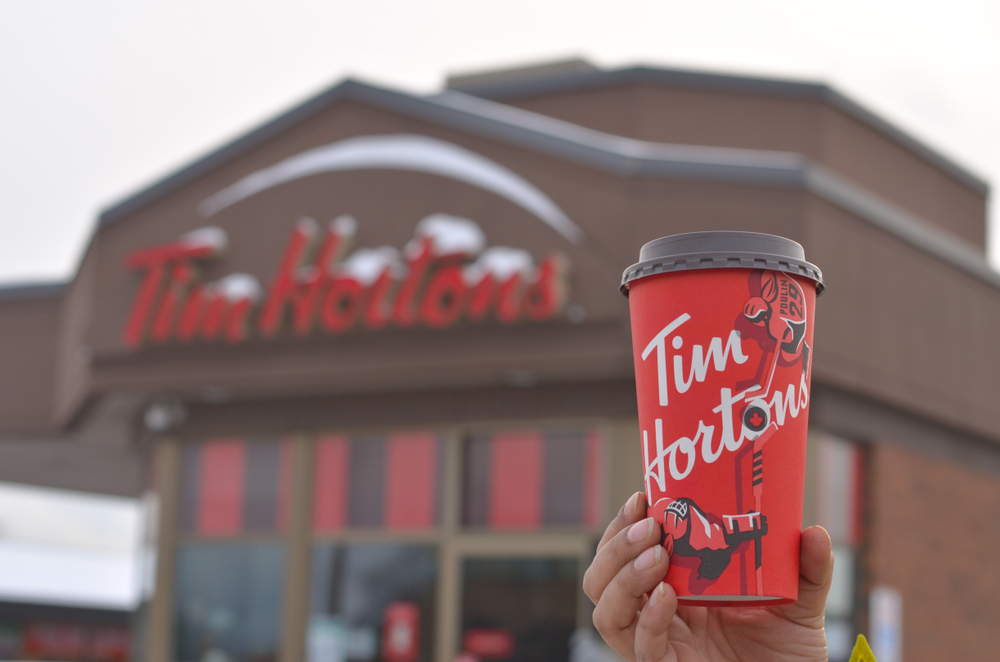
At a Tim Hortons in Ontario, ordering a “double-double” is second nature; it means a coffee with two creams and two sugars. However, in the U.S., this phrase might sound like math homework or a basketball term. Tim Hortons popularized the phrase so much that it’s practically part of the national identity. You’ll hear it in offices, on road trips, and even at airports. There’s no equivalent American phrase, since coffee orders in the U.S. tend to involve sizes and flavors, not ratios.
“Keener”

A “keener” is someone overly eager, like the classmate who raises their hand before the teacher even finishes the question. In Canada, the word can be affectionate or mildly teasing, depending on the tone. Americans might use “teacher’s pet” or “overachiever,” but “keener” carries a more casual, distinctly Canadian flavor. It’s heard everywhere from classrooms to workplaces, describing anyone who’s just a bit too enthusiastic. For Canadians, being called a keener can be half insult, half compliment, depending on whether your enthusiasm gets you a raise or an eye roll.
“Toque”
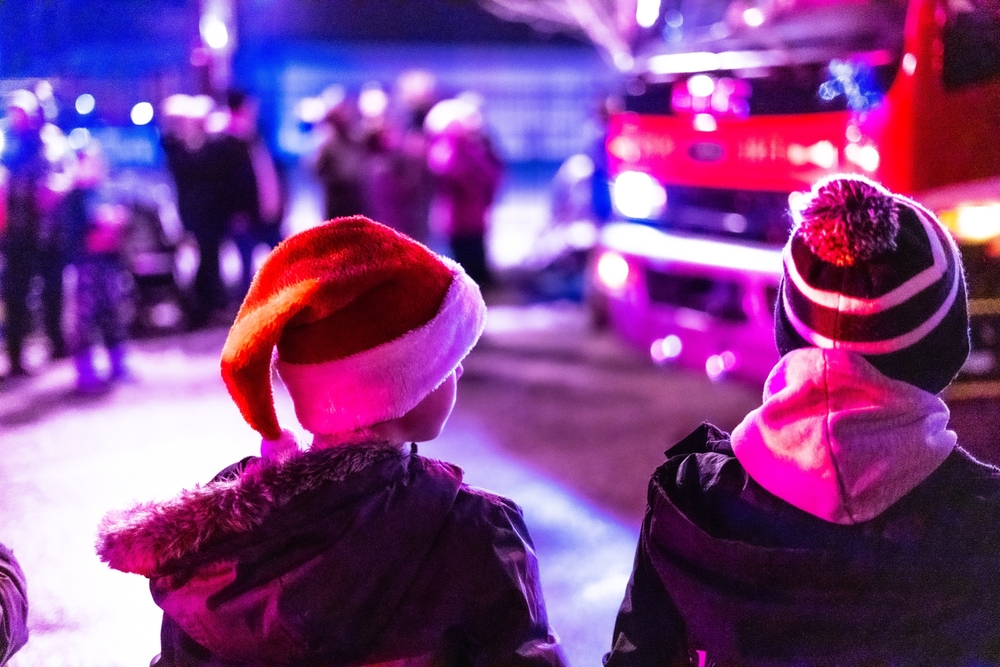
If someone in Toronto says “Don’t forget your toque,” they’re talking about a knit winter hat, not a chef’s hat. Americans would call it a “beanie.” The word “toque” (pronounced “took”) has French roots and has been part of Canadian vocabulary for over a century. It’s especially common during the country’s brutally cold winters when everyone owns at least three. In the U.S., saying “toque” might earn you confused looks, but in Canada, forgetting yours in January is social (and survival) suicide.
“Washroom”
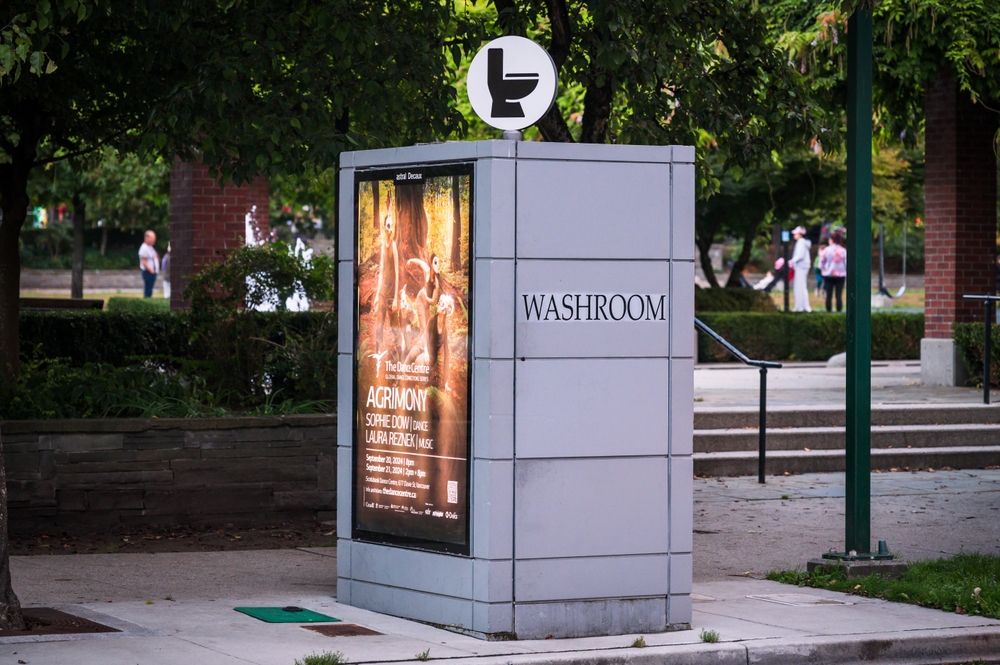
Canadians rarely say “bathroom” or “restroom.” Instead, they politely ask, “Where’s the washroom?” This term often puzzles Americans, who may assume it’s a room for washing clothes or dishes. It’s one of those subtle linguistic habits that highlight Canada’s polite culture, less blunt than “toilet” and more formal than “bathroom.” The phrase is used everywhere, from government buildings to gas stations, and even children grow up using it. While it sounds odd to Americans, in Canada, it’s simply the most civilized way to ask where nature calls.
“Loonie” and “Toonie”

When Canadians talk about “loonies” and “toonies,” they’re not discussing cartoons. The loonie is the one-dollar coin featuring a loon, and the toonie is the two-dollar coin. Americans, who rely mostly on paper bills, often find it strange that Canadians carry handfuls of coins worth actual money. The names are quirky and affectionate, perfectly in line with the country’s humor. Both coins are so common that losing one feels like misplacing pocket treasure. To an American, though, it might sound like something straight out of a children’s TV show.
“Runners”

Ask a Canadian to grab their “runners,” and they’ll come back with athletic shoes. Americans, however, might picture someone sprinting away. “Runners” is a common term in Canada for sneakers or running shoes, especially in schools and casual settings. The phrase probably stuck because of Canada’s close ties to British English, where similar terms are used. In the U.S., the equivalent would simply be “sneakers” or “tennis shoes.” The word feels practical, efficient, and perfectly suited to a country where outdoor activity is part of life.
“Two-Four”

During long weekends, someone inevitably says, “Grab a two-four.” That’s a 24-pack of beer, the essential Canadian contribution to backyard barbecues and cottage trips. The phrase originated from Ontario’s beer retail culture, where cases were literally labeled as “two-fours.” Americans might say “case of beer,” but the uniquely numerical nickname stuck in Canadian slang. It’s a linguistic shortcut that instantly paints a picture of summer, dock chairs, and friends cracking open cold ones. Americans unfamiliar with it often assume it’s an inside joke or radio frequency.
“Pop”

When Canadians order “pop,” they mean soda. It’s a simple word that divides North America linguistically. While most Americans say “soda,” the Canadian (and Midwestern) “pop” sounds quaintly old-fashioned to U.S. ears. The word’s popularity comes from the fizzy sound of carbonated drinks being opened, a fun, descriptive choice that stuck around. In Canada, every grocery store and restaurant uses it, so saying “soda” might even earn you a raised eyebrow. For travelers, it’s a small but charming reminder that even soft drinks have national accents.
“Pencil Crayons”

In Canadian classrooms, kids grow up using “pencil crayons,” while American children call them “colored pencils.” The phrase confuses many U.S. visitors because it sounds redundant; after all, pencils are already colored. But in Canada, the term is entirely normal. It likely developed from British influence and stuck through decades of school supplies lists. Teachers, parents, and students all use it without a second thought. It’s one of those small linguistic quirks that every Canadian child grows up saying, only to realize later that no one else does.
“Zed”
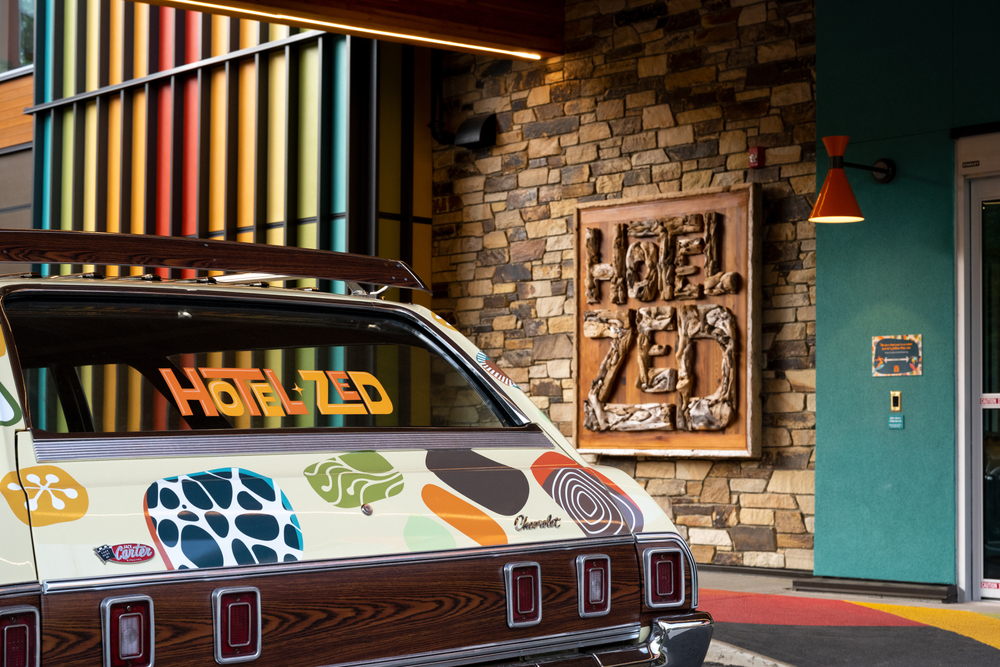
When Canadians reach the last letter of the alphabet, they pronounce it “zed,” not “zee.” The difference traces back to British English, which influenced Canadian pronunciation. Americans often find it jarring, especially in songs like the ABCs, where “zed” doesn’t rhyme. Yet for Canadians, it’s a matter of linguistic pride, proof of their distinct heritage. The term appears in various contexts, from school lessons to spelling bees, often sparking friendly debates between Canadians and Americans. “Zed” may sound odd south of the border, but it’s as Canadian as maple syrup.
“Chesterfield”

Your grandparents might invite you to “sit on the chesterfield,” which simply means the couch or sofa. The term dates back to early 20th-century Canada, influenced by British furniture design. While it’s less common today, many older Canadians still use it proudly. Americans rarely understand it, often assuming it’s a person’s name or an outdated brand. The phrase evokes a certain vintage charm, like shag carpets and rotary phones, and remains one of those linguistic fossils that still pops up in family homes and cozy living rooms.
“Homo Milk”
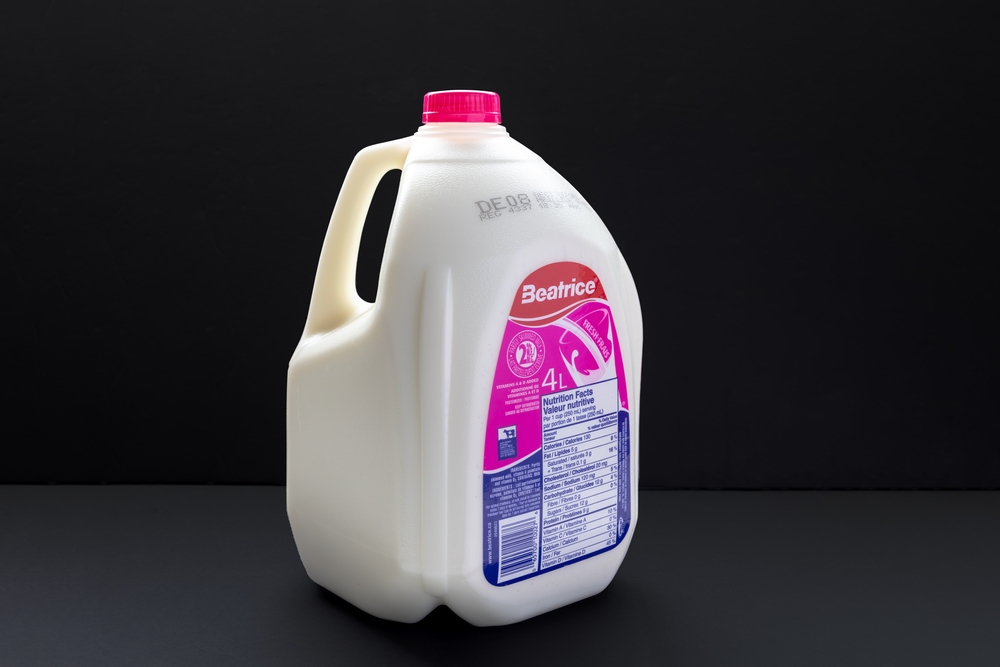
This one always gets a laugh from visiting Americans. “Homo milk” in Canada means homogenized milk, typically 3.25% whole milk. The shorthand is printed right on cartons across the country, but it tends to confuse Americans who interpret “homo” differently. The term is purely technical, referring to milk with evenly distributed fat, but for anyone unfamiliar, it can lead to double-takes in grocery aisles. It’s a perfect example of how Canadian labeling norms are so casual that locals don’t even notice the double meaning anymore.
“Freezie”
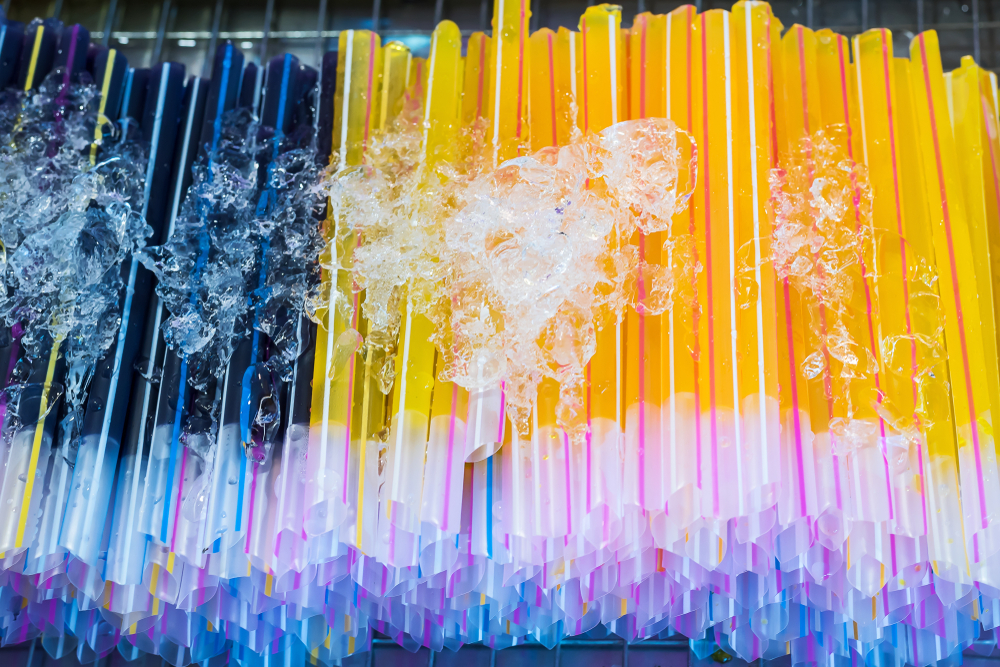
During hot summers, Canadian kids beg for “freezies”, colorful frozen tubes of sugary ice. In the U.S., these are called “ice pops” or “freeze pops.” The word “freezie” captures the playful, childlike tone that perfectly fits the product. It’s not just a dessert; it’s a core childhood memory for anyone who’s survived a Canadian heatwave. Even adults still grab a box for nostalgia. For Americans, the term might sound like a made-up nickname, but for Canadians, it’s simply the language of summer.
“Mickey”

Ask for a “Mickey” at a Canadian liquor store, and you’ll get a 375 mL bottle of spirits. Americans, though, might think you’re referring to a cartoon mouse. The term is widely used for personal-sized bottles of alcohol, popular for road trips, parties, or nights out. Its exact origin isn’t clear, but it’s been part of Canadian slang for decades. It represents practicality and discretion in equal measure. In the U.S., the same bottle is just a “half-pint,” but “Mickey” somehow feels more fun, even mischievous.
“Bunnyhug”
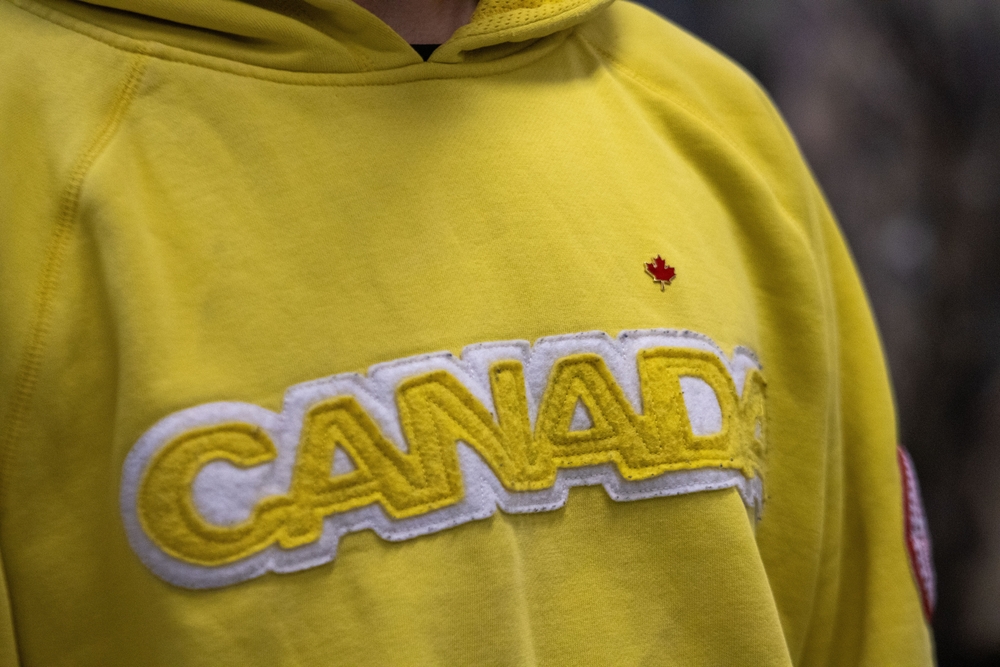
In Saskatchewan, locals call a hoodie a “bunnyhug.” The name sounds whimsical, and to outsiders, it’s completely baffling. The term originated locally decades ago and stuck because, frankly, it’s adorable. It perfectly fits the soft, cozy feeling of pulling on a sweatshirt on a cold Prairie day. Outside the province, Canadians might tease Saskatchewanians for it, but it’s worn as a badge of local pride. Americans hearing it for the first time usually think it’s a pet accessory or a joke.
“Hydro Bill
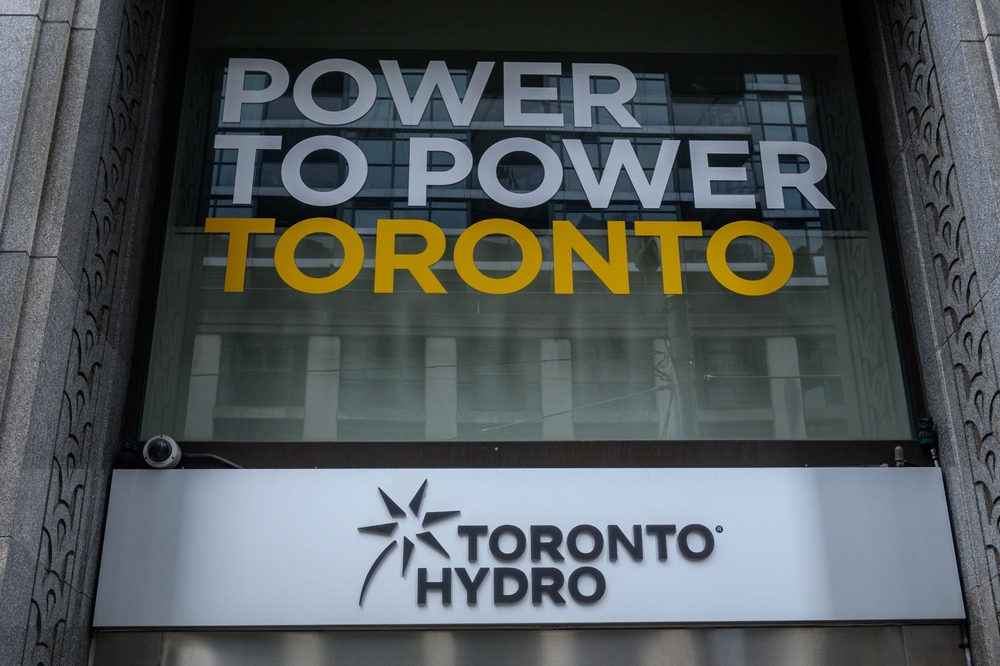
When a Canadian mentions paying their “hydro bill,” they mean their electricity bill. In most provinces, power companies are called “Hydro One” or “BC Hydro,” stemming from early hydroelectric power development. The term makes sense domestically but completely confuses Americans, who associate “hydro” with water. For Canadians, it’s everyday vocabulary. “Did you pay the hydro?” is as routine as saying “turn off the lights.” For Americans, though, it sounds like plumbing advice rather than a power reminder.
“Garburator”
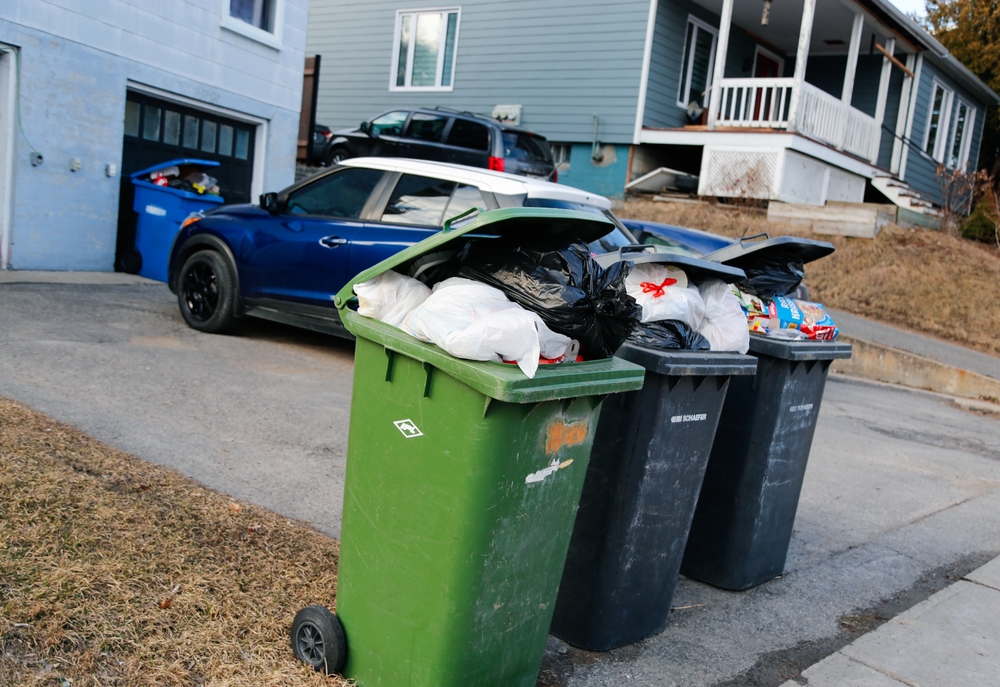
A “garburator” is what Canadians call a garbage disposal unit in the sink. The term isn’t used in the U.S., where “garburator” reigns supreme. The Canadian word has an industrial, almost comic-book sound, half “garbage,” half “terminator.” It’s another uniquely local creation that stuck around for decades. In daily life, it’s just easier to say, “Don’t put that down the garburator.” Americans hearing it for the first time might assume it’s a brand name or a backyard invention.
“Eavestrough”

Where Americans have “gutters,” Canadians have “eavestroughs.” The word is literal; it refers to the troughs that catch rainwater from eaves, but it still puzzles U.S. visitors. “Eavestrough” has an old-fashioned ring to it, rooted in practicality. You’ll find it in home improvement stores, insurance forms, and weekend chores. While Americans prefer shorter words, Canadians kept this descriptive mouthful. It’s one of those small linguistic details that subtly mark a Canadian homeowner from an American one.
“Molson Muscle”
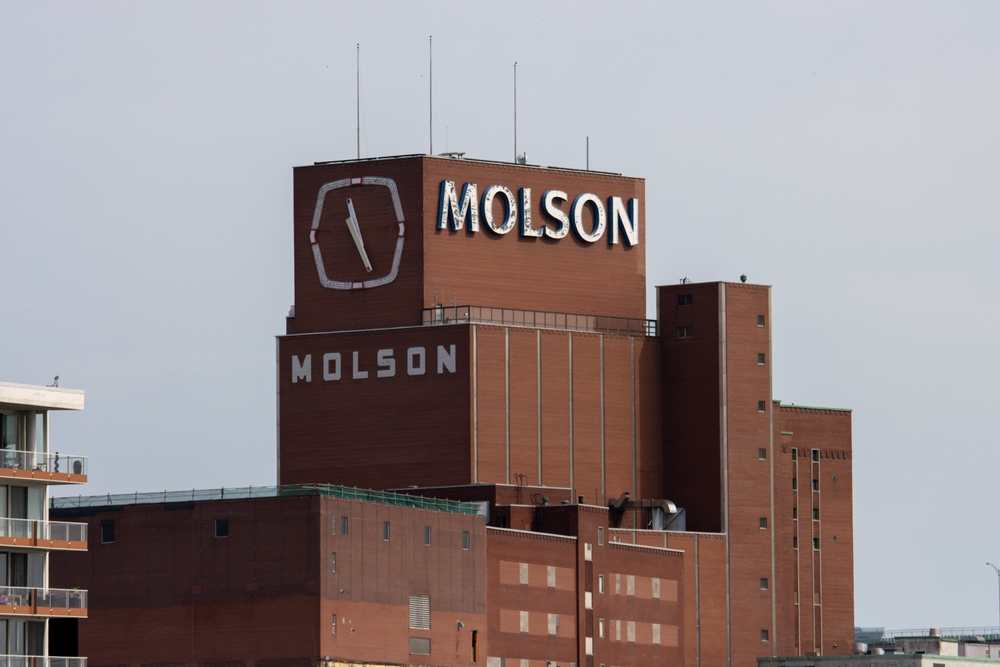
This humorous phrase refers to a beer belly, named after Molson, one of Canada’s most famous beer brands. It’s a friendly, self-deprecating term you’ll hear at bars or hockey rinks. While Americans might use “beer gut,” “Molson muscle” adds a national twist. It’s part of the country’s casual, good-humored way of poking fun at itself, celebrating beer culture while acknowledging its physical consequences. The phrase blends brand loyalty and cultural pride in a way only Canadians could manage.
“All-Dressed”
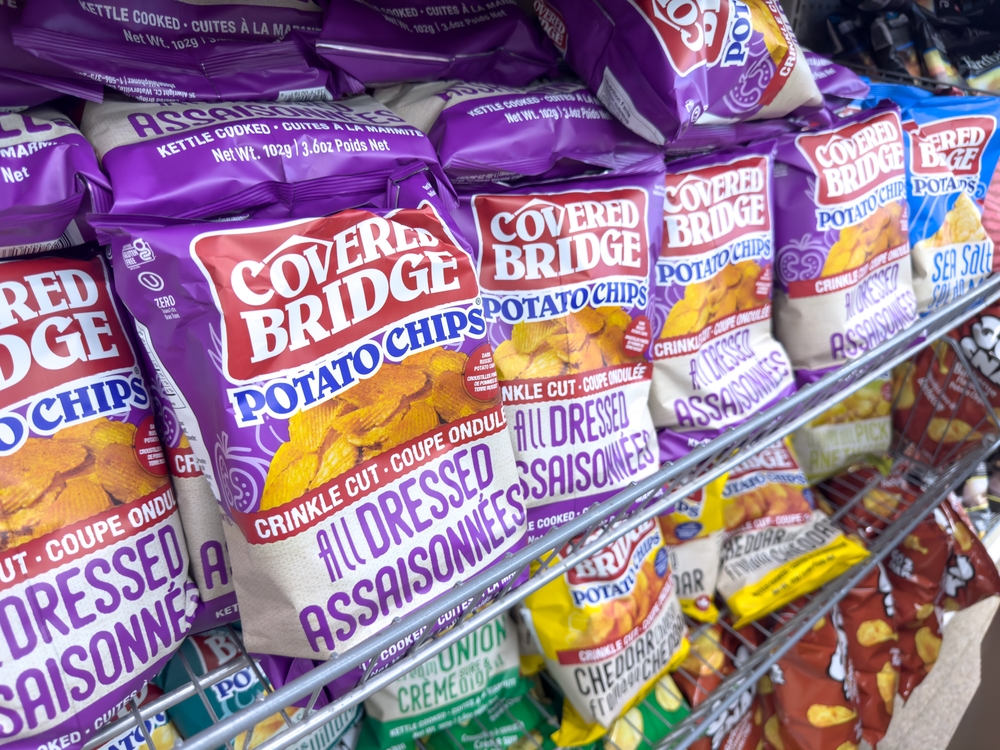
Ask for “all-dressed chips” in the U.S., and you’ll likely get blank stares. This popular Canadian flavor combines barbecue, sour cream, onion, salt, and vinegar into one chaotic but delicious blend. The term “all-dressed” originally came from pizza toppings but expanded to chips, where it became a national favorite. Americans have tried to imitate it, but the real version remains a Canadian staple. The phrase alone confuses Americans because it sounds like a clothing choice, not a snack.
“Eh?”

The quintessential Canadian expression, “eh?” turns any statement into a question or a friendly nudge for agreement. It’s not just a stereotype; it’s genuinely part of how Canadians communicate. It softens sentences, invites response, and signals politeness. Americans often tease Canadians for it, but linguists note it’s more about community than quirk. It can mean “right?” “Isn’t it?” or even “you know?” depending on tone. For Canadians, it’s second nature; for Americans, it’s a national verbal mystery that refuses to go away.
21 Products Canadians Should Stockpile Before Tariffs Hit

If trade tensions escalate between Canada and the U.S., everyday essentials can suddenly disappear or skyrocket in price. Products like pantry basics and tech must-haves that depend on are deeply tied to cross-border supply chains and are likely to face various kinds of disruptions
21 Products Canadians Should Stockpile Before Tariffs Hit